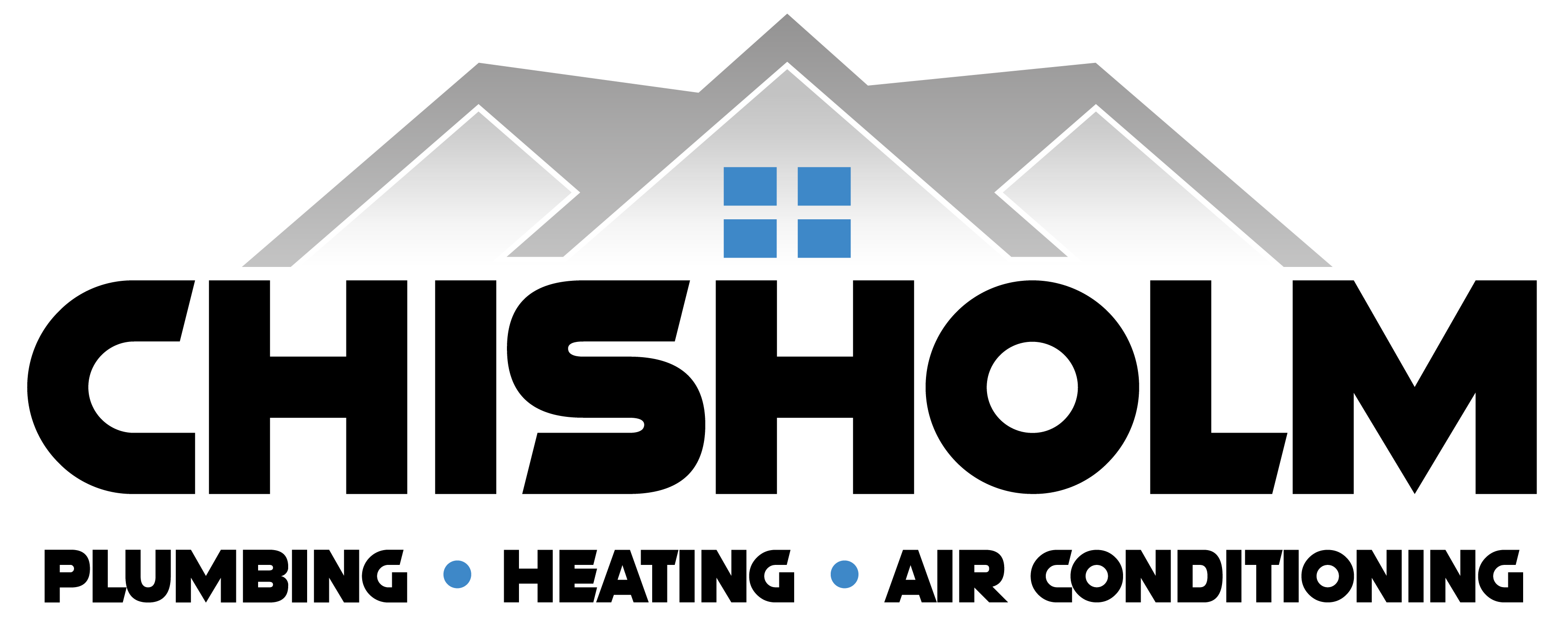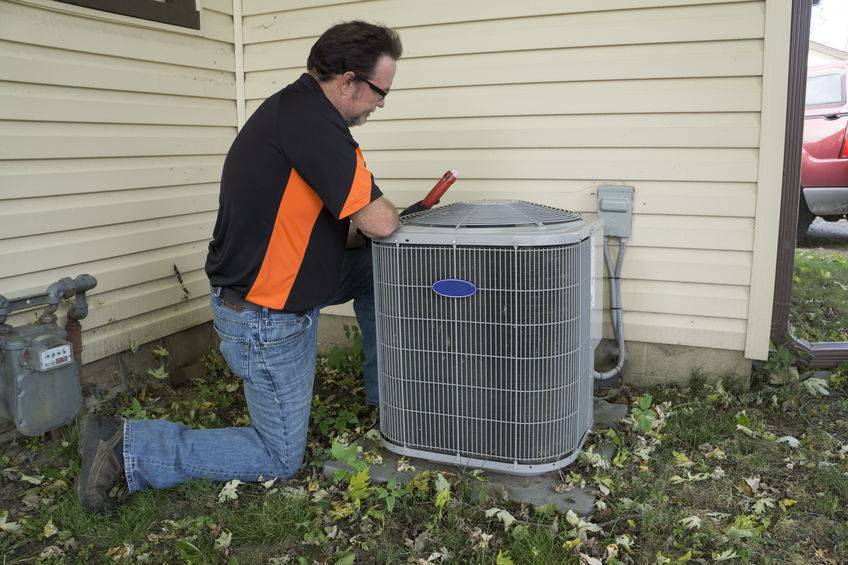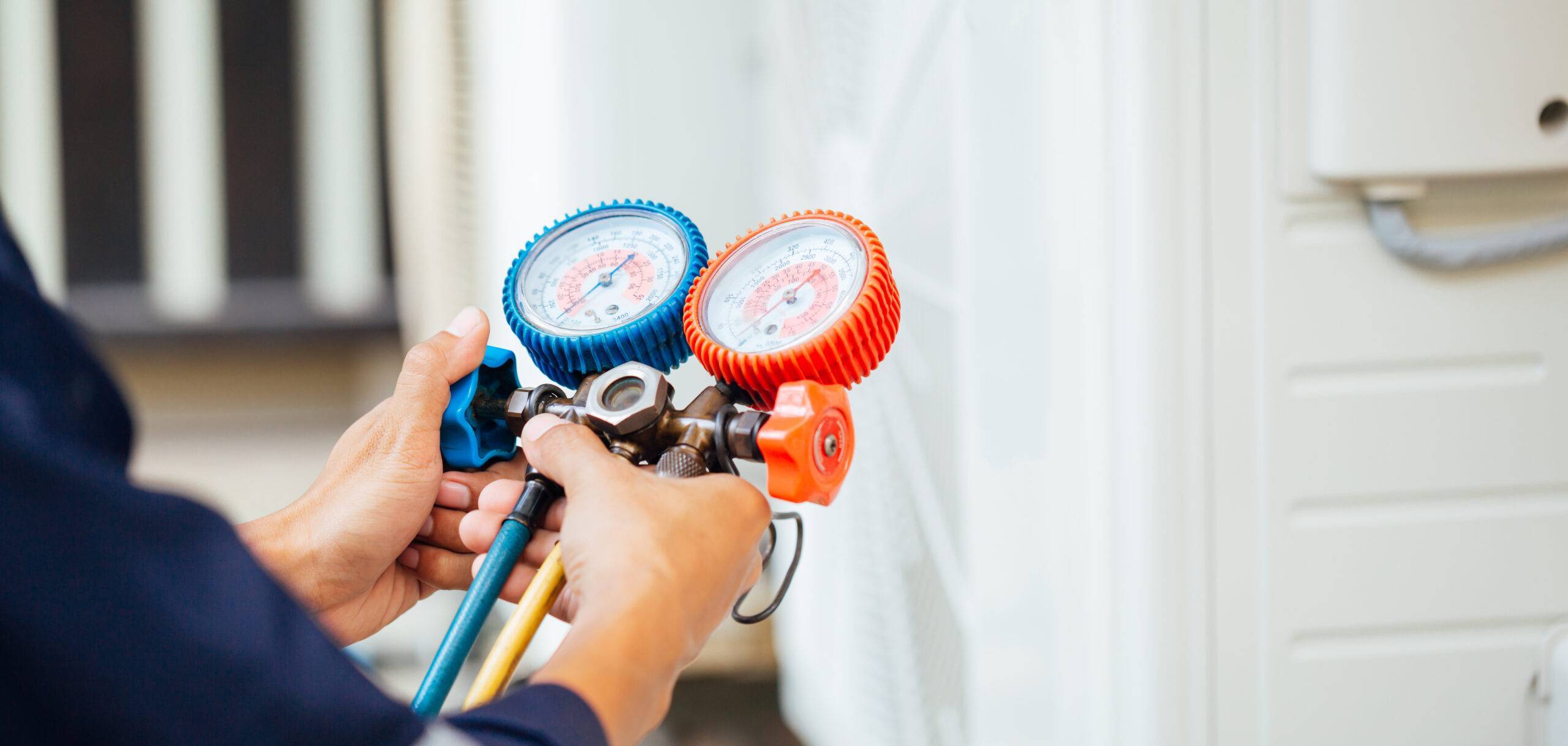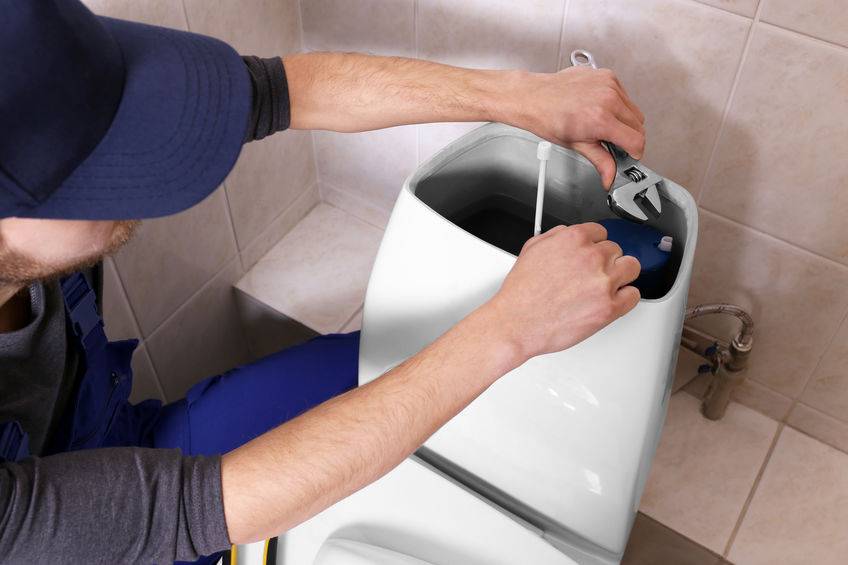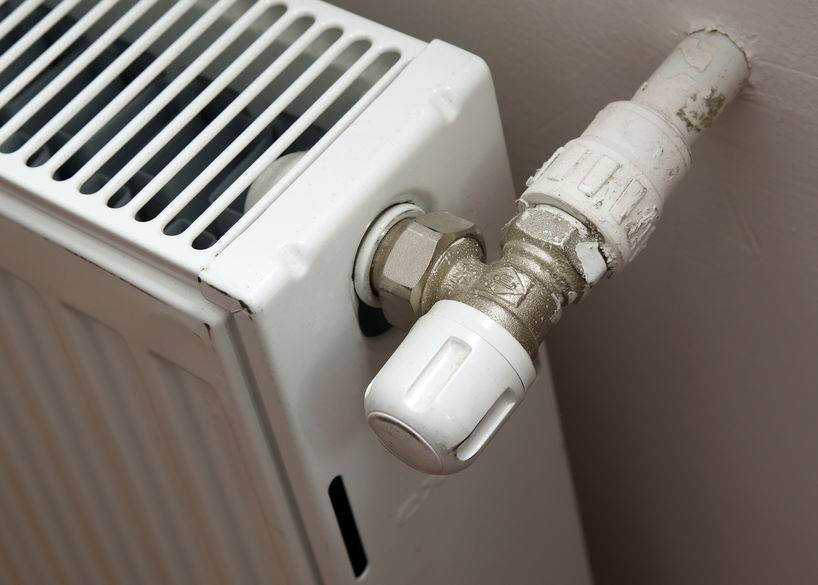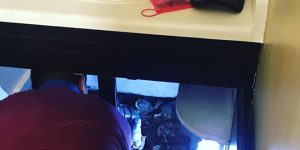
Although South Carolina typically enjoys mild winters, there are times when temperatures drop low enough to pose a serious threat to your home’s plumbing system. Frozen pipes can lead to significant water damage, costly repairs, and inconvenient disruptions to your water supply. Preventing frozen pipes is much easier and less expensive than dealing with the aftermath of a burst pipe. In this blog, we’ll explore essential preventative plumbing care tips to help South Carolina homeowners protect their homes this winter.
Table of Contents
| Section | Overview |
| Why Frozen Pipes Are a Concern in South Carolina | Explains why even mild winters can pose risks to plumbing in the region and the potential consequences of frozen pipes. |
| How to Prevent Frozen Pipes | Practical tips for preventing pipes from freezing, including insulation, heating solutions, and water flow management. |
| Emergency Measures if Your Pipes Freeze | Outlines steps to take if your pipes do freeze to prevent them from bursting or causing water damage. |
| Frozen Pipe Costs: Prevention vs. Repairs | A comparison of the costs associated with preventative care versus the expense of repairing burst pipes. |
| Fun Facts About Plumbing and Freezing Pipes | Interesting facts about frozen pipes, including historical plumbing solutions and modern innovations. |
| FAQ: Common Questions About Winter Plumbing Care | Answers to common questions homeowners have about protecting their plumbing during winter. |
| How Chisholm Can Help Protect Your Plumbing This Winter | Information on Chisholm’s services for winter plumbing care and repairs, with a focus on preventing frozen pipes. |
Glossary of Terms
- Pipe Insulation: Material used to cover pipes to prevent heat loss and reduce the risk of freezing.
- Heat Tape: An electrical tape that warms pipes to prevent freezing in cold weather.
- Main Water Shutoff Valve: The valve that controls the flow of water into your home, useful in case of emergencies like burst pipes.
- Drip Method: Allowing faucets to drip slowly during cold weather to keep water moving and prevent freezing.
- Thermal Expansion: The increase in pipe volume as water freezes and turns into ice, which can lead to bursting.
Why Frozen Pipes Are a Concern in South Carolina
Although South Carolina’s winters are generally milder compared to northern states, they still present risks to homes, especially when temperatures drop unexpectedly. Many homes in the region have plumbing systems designed for warmer climates, leaving them vulnerable when cold snaps hit. Pipes in exterior walls, unheated basements, attics, or crawl spaces are especially prone to freezing.
- Homes Are Not Always Prepared
Unlike northern homes, many South Carolina homes lack adequate pipe insulation. This makes pipes in exposed areas, such as garages or attics, more susceptible to freezing. - Unexpected Freezes
A sudden overnight freeze can take homeowners by surprise, leading to frozen pipes before they’ve had a chance to take preventative measures. - Severe Consequences
When pipes freeze, the pressure from expanding ice can cause them to crack or burst, leading to extensive water damage. Even a small burst pipe can result in thousands of dollars in repairs.
To avoid these issues, it’s essential to be proactive in winterizing your plumbing. Learn more about preventative plumbing care here.
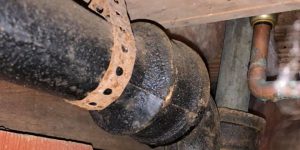
How to Prevent Frozen Pipes
The best way to avoid dealing with frozen pipes is to take preventative action before the cold weather arrives. Here are some simple yet effective steps to keep your plumbing safe during South Carolina’s winter months:
- Insulate Exposed Pipes
Pipes in unheated spaces, such as garages, attics, or crawl spaces, are the most vulnerable to freezing. Wrap them in pipe insulation to keep them warm during cold spells. For additional protection, consider using heat tape in extremely cold areas. - Seal Gaps and Cracks
Check your home’s exterior for cracks or gaps around pipes and seal them with caulk or spray foam. Cold air seeping through small openings can quickly freeze nearby pipes. - Keep Garage Doors Closed
If your home has water supply lines running through the garage, keep the garage doors closed as much as possible to maintain warmer temperatures inside. - Maintain a Drip
When temperatures are expected to dip below freezing, allow your faucets to drip slightly. Moving water is less likely to freeze, and the drip relieves pressure in case freezing occurs. - Keep Your Home Heated
Even if you’re away, keep your home’s thermostat set to at least 55°F. This prevents the interior pipes from freezing. You can also open kitchen and bathroom cabinet doors to allow warm air to circulate around pipes. - Disconnect Outdoor Hoses
Always disconnect and drain outdoor hoses before winter. Leaving hoses attached can trap water in outdoor faucets and pipes, increasing the chance of freezing. - Professional Winterization
Have a professional plumber perform a winterization inspection to identify vulnerable areas and ensure your pipes are prepared for cold weather. Chisholm Plumbing Heating & Air Conditioning offers winterization services that can help safeguard your home.
Emergency Measures if Your Pipes Freeze
If your pipes do freeze, taking quick action can help prevent them from bursting. Here’s what you should do:
- Turn Off the Water
Locate your home’s main water shutoff valve and turn it off to prevent flooding if the pipe bursts. - Open Faucets
Open the affected faucets to relieve pressure in the pipes. This can help prevent them from bursting as the ice expands. - Thaw Frozen Pipes Carefully
You can thaw frozen pipes using a space heater, heat lamp, or hairdryer. Start near the faucet and work your way back toward the frozen section. Never use an open flame, as this could damage the pipe and create a fire hazard. - Call a Professional
If you’re unable to thaw the pipe, or if you suspect a pipe has already burst, contact a professional plumber immediately to assess and fix the problem.
For emergency plumbing assistance, reach out to Chisholm. Their experienced technicians can handle frozen pipes and prevent further damage.
Frozen Pipe Costs: Prevention vs. Repairs
| Factor | Preventative Measures | Post-Freeze Repairs |
| Cost of Pipe Insulation | $50–$200 (for materials or basic insulation) | $1,000–$3,000 (depending on damage from burst pipes) |
| Water Damage Repair Costs | $0 (if pipes are protected) | $5,000–$10,000+ (for extensive water damage) |
| Energy Savings | Lower heating costs from insulated pipes | No savings, with potential for increased energy usage if repairs are delayed |
| Emergency Service Costs | $0 with preventative maintenance | $150–$500 (emergency plumber fees) |
| Long-Term System Integrity | Maintains system integrity for years | Shortened lifespan for pipes and fixtures due to freeze damage |
As shown, the cost of preventative care is far lower than the expense of repairing frozen or burst pipes. Proactive measures not only save money but also avoid the stress and inconvenience of dealing with water damage.
Fun Facts About Plumbing and Freezing Pipes
- Ice Can Split Metal: Water expands by about 9% when it freezes, creating enough pressure to burst even metal pipes, which is why frozen pipes are such a concern.
- Early Solutions: Ancient civilizations like the Romans built elaborate heated baths using furnace-like systems to keep water warm—an early attempt to prevent freezing.
- Modern Innovations: Smart water sensors and alarms can now detect potential freezing in pipes before the problem escalates, allowing homeowners to take action sooner.
- Frost Line Knowledge: In colder regions, pipes are buried below the “frost line,” the depth at which soil freezes. While this is typically unnecessary in South Carolina, some homes with shallow pipes are still at risk.
- Water-Freezes-At-32°F Fact: Even in warmer climates, nighttime temperatures can dip below freezing, making even southern homes vulnerable to frozen pipes if precautions aren’t taken.
FAQ: Common Questions About Winter Plumbing Care
- How do I know if my pipes are at risk of freezing?
Pipes located in unheated areas, such as attics, crawl spaces, garages, or exterior walls, are most at risk. If temperatures are expected to drop below freezing, these pipes should be insulated or otherwise protected. - What temperature causes pipes to freeze?
Pipes typically begin to freeze when outdoor temperatures drop to 32°F or lower. However, pipes in poorly insulated or exposed areas may freeze even in slightly warmer conditions if temperatures stay low for extended periods. - Is it enough to just let my faucets drip?
While allowing your faucets to drip can help prevent pipes from freezing, it’s best used as a temporary solution during especially cold nights. Combining it with pipe insulation and sealing drafts is a more comprehensive approach. - How can I thaw a frozen pipe safely?
You can thaw a frozen pipe using a space heater, heat lamp, or hairdryer. Always start near the faucet and work backward along the frozen section. Avoid using open flames or high-intensity heat sources, which can damage the pipe or cause a fire hazard. - Should I shut off my water if I’m leaving town during winter?
Yes, if you’re going to be away for an extended period during winter, it’s a good idea to shut off your main water supply and drain the pipes. This prevents any risk of flooding in case of frozen pipes while you’re away. - What should I do if a pipe bursts?
Immediately turn off your home’s main water valve to stop water flow and contact a professional plumber. Do not attempt to fix a burst pipe yourself, as it can lead to more significant damage and water leakage. - Can I insulate my pipes myself, or should I call a plumber?
Simple pipe insulation, such as using foam sleeves or heat tape, can be done as a DIY project. However, if your home has hard-to-reach pipes or if you’re unsure about the best method, calling a plumber is a good idea for professional winterization. - Does my homeowner’s insurance cover damage from frozen pipes?
In many cases, homeowner’s insurance policies do cover water damage caused by burst pipes. However, coverage often depends on whether you took reasonable preventative measures, such as insulating pipes or keeping your home heated.
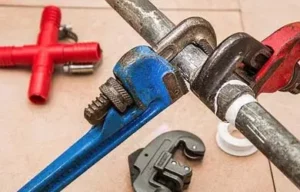
How Chisholm Can Help Protect Your Plumbing This Winter
Winter plumbing care is essential to avoid the frustration and expense of frozen pipes. At Chisholm Plumbing, Heating & Air Conditioning, we specialize in preparing homes for winter by providing expert inspections, pipe insulation, and emergency plumbing services. Whether you need to winterize your home or handle a plumbing emergency, our team is here to help you avoid the worst of the winter freeze.
Contact us today to schedule your winter plumbing inspection or repair and ensure your pipes are well-protected during South Carolina’s coldest months.
